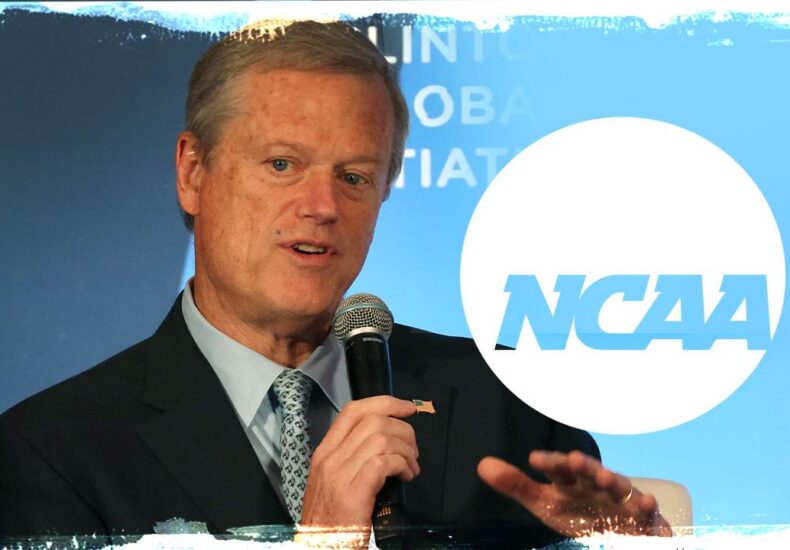
Big Change: NCAA Lets College Athletes Bet on Professional Sports Starting November 1
Fundacion Rapala – The NCAA has made a bold decision. Starting November 1, 2025, college athletes and athletic department staff can bet on professional sports. This rule marks a major turning point in the organization’s history. It shows the NCAA’s willingness to adapt to the modern sports world, where betting is now a part of everyday conversation.
Understanding the Change
Until now, NCAA athletes were not allowed to bet on any sport. The new policy lets them wager on professional leagues such as the NFL, NBA, and MLB. However, the rule still bans betting on college sports. This distinction protects the integrity of college competitions while recognizing the growing acceptance of legal betting across the country.
“Read More : Russell Wilson Calls Former Coach Sean Payton ‘Classless’ After Post-Game Comments”
What Remains Prohibited
Despite this shift, strict boundaries still exist. Athletes cannot bet on college games, whether they involve their own school or another. They are also forbidden to share inside information about college teams or players. The NCAA will continue to reject sponsorships or ads from betting companies for its championships. These rules remind everyone that the organization’s top priority remains fair competition and athlete well-being.
Why the NCAA Made the Move
The NCAA made this change because the sports landscape has evolved. Legalized sports betting is now available in most U.S. states. Rather than fighting a cultural shift, the organization chose to adapt. President Charlie Baker explained that the update “reflects today’s sports environment without compromising the integrity of college competition.” The move signals a balance between modernization and responsibility.
“Read More : Why Israeli Soccer Fans Are Banned from the Maccabi Tel Aviv vs Aston Villa Match”
Mixed Reactions from College Leaders
Reactions from coaches and athletic directors have been divided. Some believe allowing betting, even on pro sports, could create confusion for young athletes. Others say it’s a fair and realistic update. Roberta Page, chair of the Division II Management Council, supported the change. She said it’s about “acknowledging reality while keeping strict boundaries.” Her statement reflects the NCAA’s attempt to find a safe middle ground.
Recent Violations Push for Reform
This policy arrives amid a rise in betting violations. In recent months, several student-athletes faced suspensions for gambling on their own games. For example, three men’s basketball players from Fresno State and San Jose State were banned after placing bets on college matchups. These cases revealed the need for clearer, updated rules. By allowing only professional bets, the NCAA hopes to reduce confusion and strengthen its enforcement process.
Balancing Modern Life and Sports Integrity
The NCAA now faces a balancing act. On one hand, betting is a mainstream activity embraced by millions. On the other, student-athletes must remain symbols of fair play and integrity. This new rule acknowledges the modern world without surrendering the organization’s principles. It sends a message that the NCAA can evolve while still standing firm on its values.
What It Means for Student-Athletes
For student-athletes, the decision feels both empowering and challenging. They can now legally join one of America’s most popular pastimes. Yet, with that freedom comes responsibility. Schools are expected to educate players about responsible betting and the risks of addiction. The goal isn’t to encourage gambling it’s to help athletes make informed, mature choices.
The Future of NCAA Integrity Programs
The NCAA already runs one of the most advanced sports integrity programs in the world. According to President Baker, the system monitors betting activity across multiple platforms to detect suspicious behavior. But as the industry grows, so will the challenges. The NCAA must continue improving technology and education to protect athletes and maintain public trust in college sports.